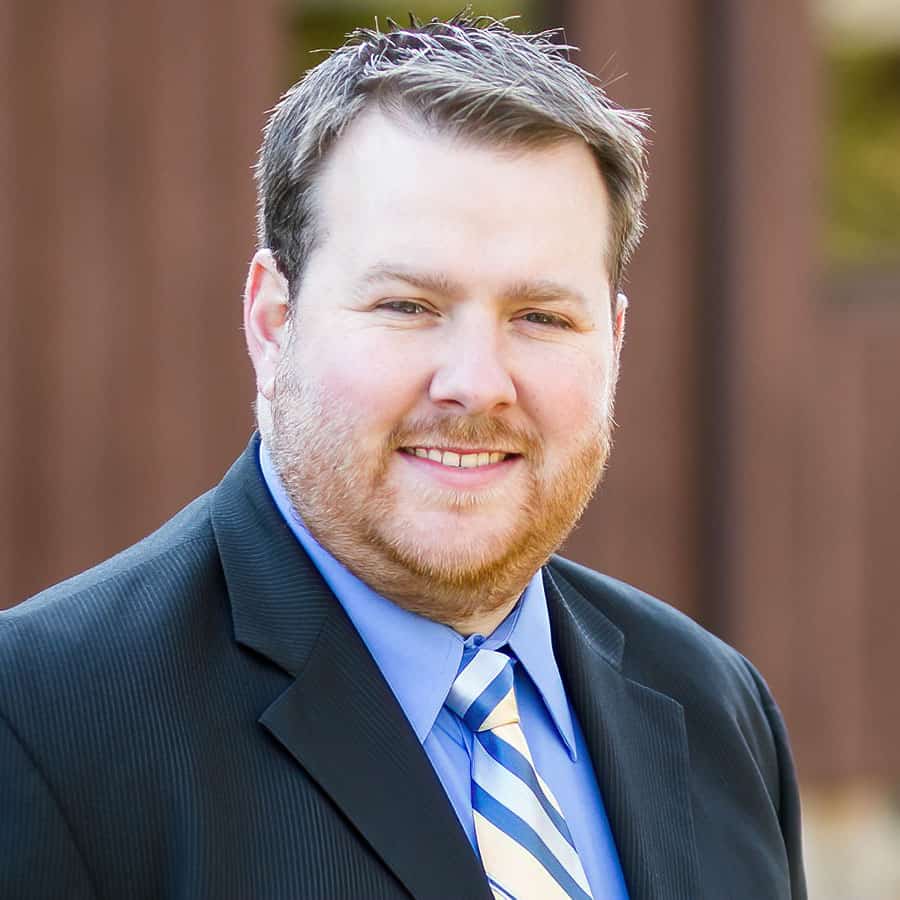In this episode, I talk with Rebecca Swabey, P.Eng., CEO and co-founder at Equator Studios, about the fascinating world of LiDAR. We delve into its groundbreaking impact on civil engineering and project proposals, exploring how this game-changing technology is revolutionizing the way engineers overcome challenges and planning for the future.
***The video version of this episode can be viewed here.***
Engineering Quotes:
Here Are Some of the Questions I Ask Rebecca:
- What inspired you to leave private consulting and start your own tech company?
- Why do you think it’s important for civil engineers to have easy access to data like LiDAR and GIS?
- What type of data holds your greatest interest?
- How does having good data early in the project process benefit civil engineers, saving time, reducing rework, and minimizing stress in their daily work?
- How crucial is data access, including open-source options, to prevent project setbacks and ensure efficient LiDAR-based surveying?
- How did you decide on the name Equator Studios for your company?
- Is LIDAR accuracy for vegetation and trees consistent across seasons, or does it vary?
- How did your company pinpoint the major industry challenges, especially concerning proposals and responses to RFPs and RFQs?
- What challenges do civil engineering firms face during the RFP process, like coordinating disciplines, meeting client expectations, and managing assumptions?
- How can civil engineering firms redesign their proposal process to establish a framework that enhances staff knowledge quality and operational efficiency?
- How do you envision engineers fitting into the future alongside AI and technology, given concerns about AI potentially replacing them?
- What advice do you have for engineers who want to innovate and make a significant impact in their field?
Here Are Some Key Points Discussed in This Episode About the Revolutionary Impact of Lidar in Civil Engineering:
- Rebecca left consulting to start her tech company because of her tech community’s support for innovation and her frustration with accessing slow GIS data. She created a platform for easy access to high-resolution elevation data, simplifying its use for all.
- Easy access to LiDAR and GIS data is vital for civil engineers because it speeds up project efficiency and accuracy. It allows engineers to make informed decisions quickly, optimize designs, and innovate in their field without delays due to data accessibility issues.
- Rebecca’s greatest interest lies in LiDAR point cloud data. This technology enables detailed visualization of terrain and structures, providing a nuanced view akin to an X-ray, which she finds invaluable for uncovering hidden details and making discoveries beyond what’s visible on-site.
- Early access to accurate LiDAR data benefits civil engineers by starting projects with precision from the outset, saving time on ground surveys, reducing the need for major design revisions, and easing the stress of tight deadlines and complex project demands.
- Access to data, including open-source options, is crucial for preventing setbacks and ensuring efficient LiDAR-based surveying. It allows engineers to plan and execute surveys accurately, minimizing risks and optimizing project timelines effectively.
- Rebecca decided on the name Equator Studios to embody the company’s emphasis on mapping and its goal of democratizing access to information. The choice reflects a commitment to making geographic data universally accessible and beneficial to diverse users worldwide.
- Rebecca’s stormwater pond surveys show how LiDAR data could have made a big difference. It would have sped up surveys, improved accuracy in dense vegetation, and saved time and costs, demonstrating the value of advanced data tools in engineering.
- LiDAR accuracy for vegetation and trees varies with the seasons. Data collected during leaf-off periods tends to provide clearer ground surface details, which is crucial for projects like stormwater pond assessments.
- Equator Studios identified industry challenges by directly engaging with professionals and organizations. They found that preparing competitive proposals, especially for large projects like design-build contracts, involves significant costs, time, and complexity. This led them to develop streamlined solutions to enhance competitiveness and project success for their users.
- Civil engineering firms competing in the RFP process face challenges in explaining their technical skills in a way that’s easy for clients to understand. This clear communication is key to winning projects, as it assures clients the firm aligns with their needs.
- Civil engineering firms can improve RFP efficiency and staff knowledge by creating a central hub for proposals, project data, and best practices, allowing for streamlined access and knowledge sharing.
- Civil engineering firms need to adapt to a changing workforce. Young talent thrives on ownership and autonomy. Empowering them to learn and innovate through their work will keep them engaged in the face of automation.
- Engineers looking to innovate shouldn’t go it alone. Talk to colleagues and clients early on. Understanding their needs fuels impactful ideas that benefit everyone.
More Details in This Episode…
About Rebecca Swabey, P.Eng.

About the Host: K. James Taylor, Jr., P.E.

James was selected as the 2021 Young Engineer of the Year by the American Society of Civil Engineers (ASCE) Delaware Section, and served as the President of the Delaware Engineering Society and the New Professionals Director on the NSPE Board of Directors from 2021-2023.
Books Mentioned in This Episode:
Sources/References:
Equator Studios
Blackberry
LiDAR
GIS (Geographic Information System)
Katimavic
Hackathon
3DEP Program
Shell Midden
GPS Surveys
RFP (Request for Proposal)
RFQ (Request for Quote)
Bathymetric Survey
Quality Level (QL1)
Connect with Rebecca Swabey, P.Eng., on LinkedIn
We would love to hear any questions you might have or stories you can share on the revolutionary impact of LiDAR in civil engineering.
Please leave your comments, feedback, or questions in the section below.














